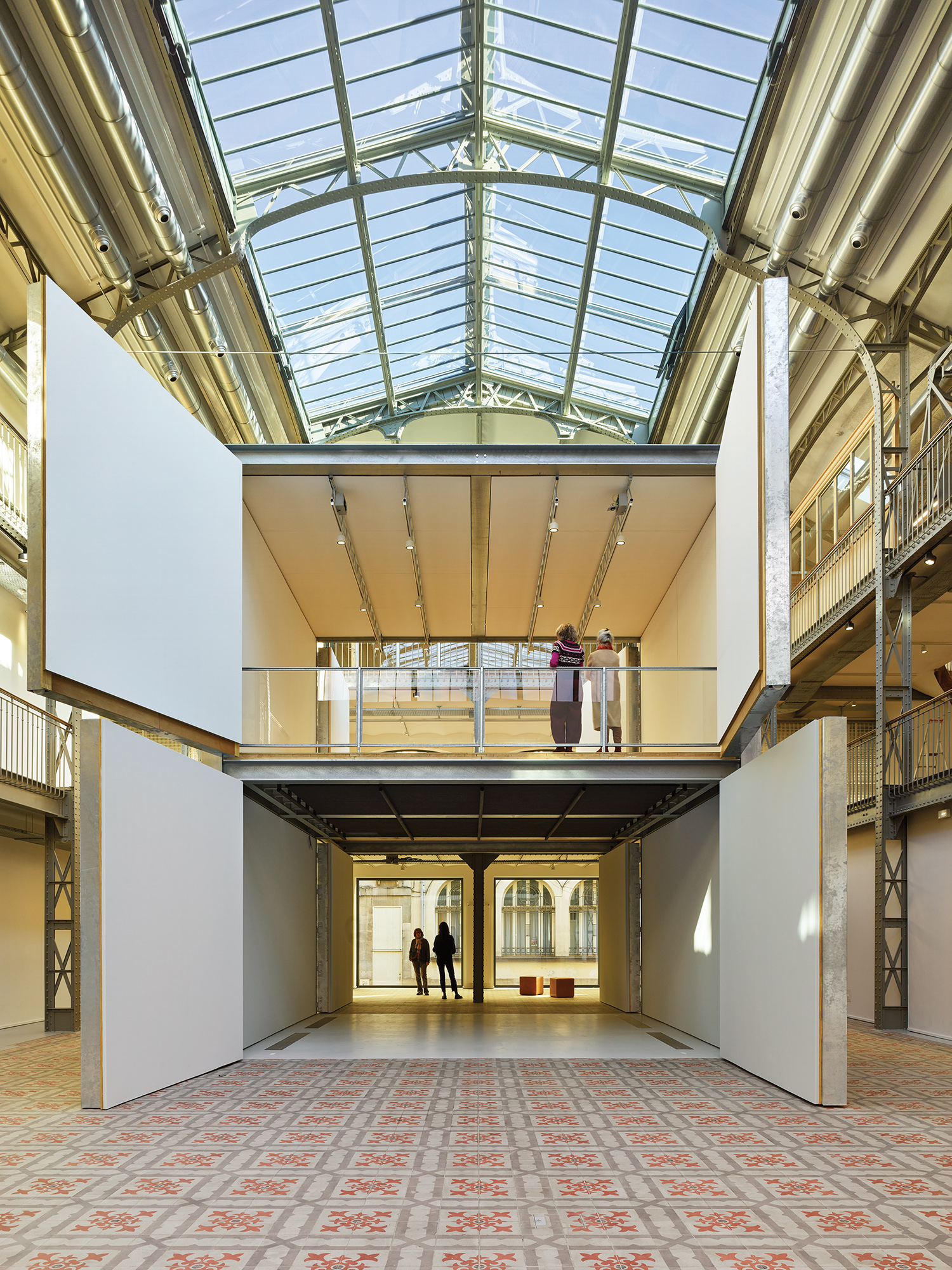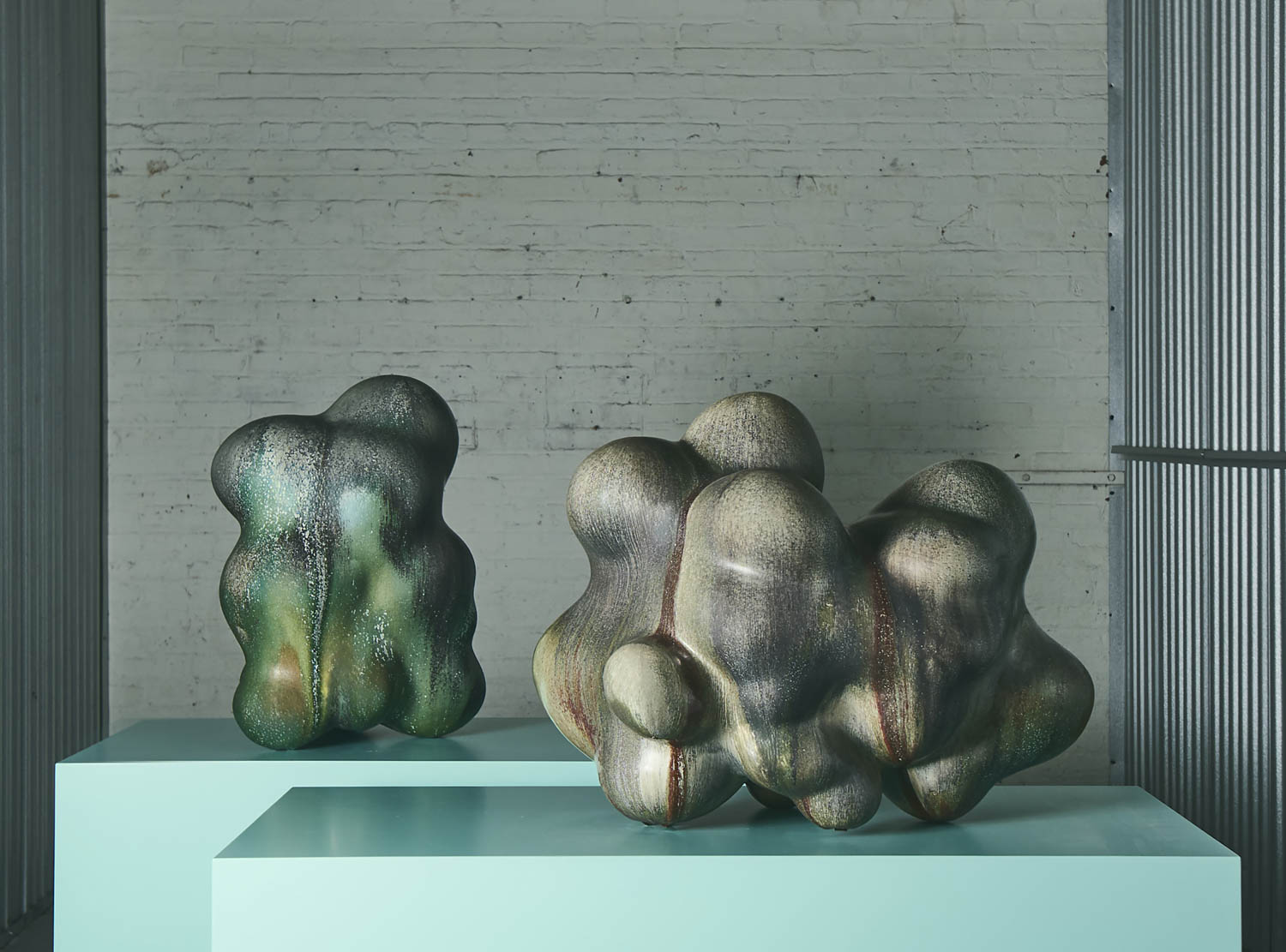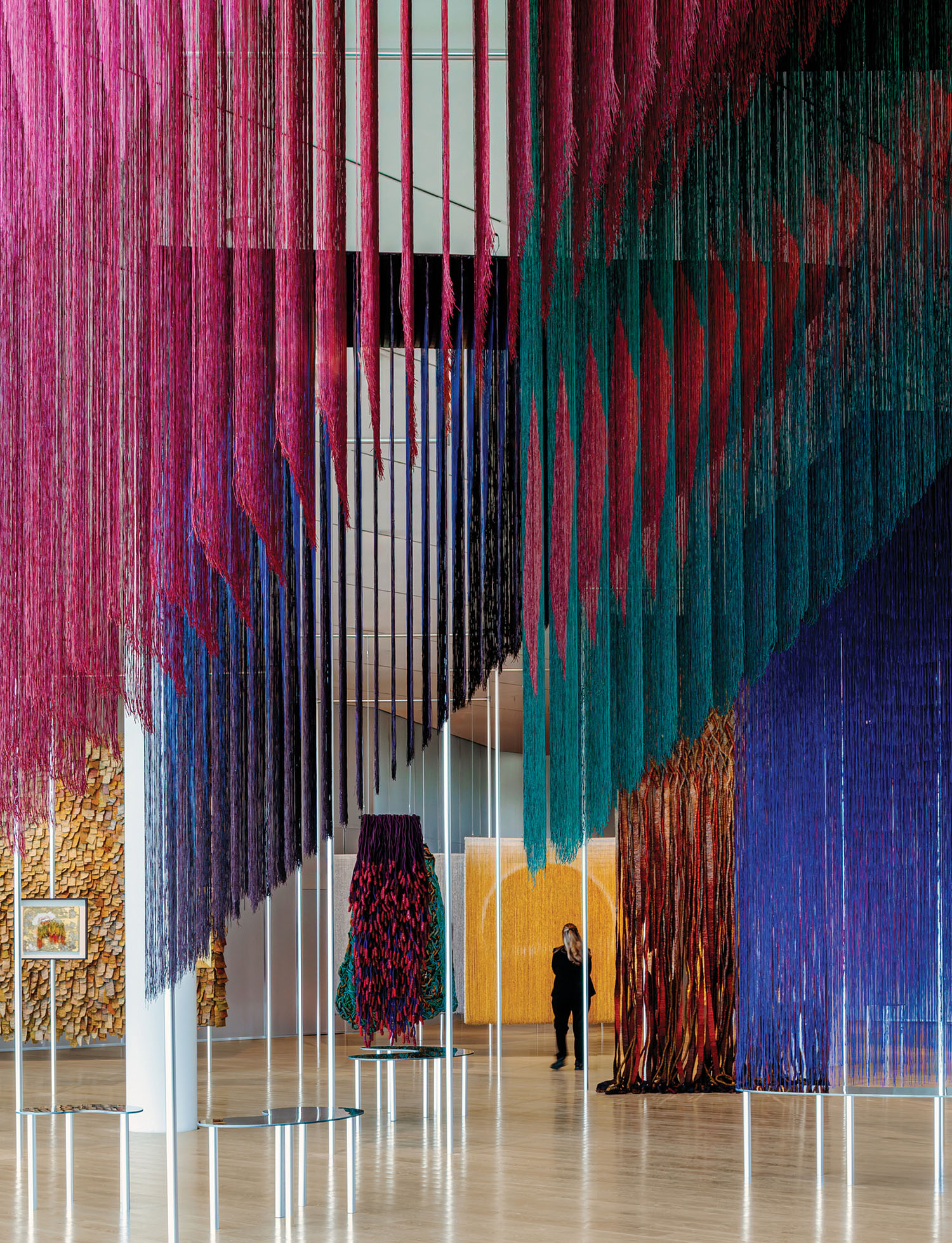Fast Take with Joana Bover
We recently met up with Joana Bover in her offices outside of Barcelona, Spain, to talk about the namesake lighting company she founded in 1996 with the goal of transforming a hobby into a business that could support her and her family. The company, run by and mostly staffed by women, has come a long way since its early days, but Bover’s philosophy and vision remain the same.
Interior Design: What was the biggest challenge when you started your company?
Joana Bover: The first challenge was converting a cherished hobby into a stable job, and from which I could support myself. I wanted something completely different than my previous role in the audiovisual industry. On a business level, the greatest challenge was creating a professional team that could adapt to the circumstances at that time, as well as those that awaited us in the future. Finding the proper people was fundamental, communicating the project to them and directing the company correctly so that we could share a stable professional future.
ID: Would you say it would be easier now to start and staff a company or harder?
JB: During many years, BOVER was a company managed primarily by women with small children. Today we continue to have practically the same people as when we began, and I consider that to be an important factor. I am not sure that this would occur had we started today. I believe that young people today have a professional philosophy that favors exchange among different companies and that there is more volatility in business. As a result, it is not easy to form a stable work team. It must not be forgotten that companies are not only the product that they defend, but also rather the people that create it.
ID: What do you think will be the biggest challenge for your children when/if they take over running the company?
JB: I believe that my daughter should develop her own project, and BOVER USA gives her this opportunity. The greatest challenge that she will likely encounter in the USA, will be creating the brand; to achieve recognition in the market as a contemporary product that carefully balances quality, design and price.
ID: If you had to pick one feature or influence that has changed the way you do business over the years, what would that be?
JB: Without a doubt it would be the growth in industrial design. Today design companies need to have a technical team of well-prepared people who never stop searching and discovering new materials and trends. People that are sensitive to the cultural world that surrounds them; it is crucial that they are inquisitive about what is occurring around them.
ID: What is the hardest part of doing business today?
JB: As a result of market globalization, manufacturer across sectors are required to release new products at an unusually rapid pace. Companies such as Zara make clear examples, as they renew their clothing collections weekly. In the Habitat sector this trend has become a common practice as well, with the difference being that the product design process demands a higher technical dedication and the investment in molds and matrixes is absolutely necessary. Over twelve months can pass from the moment a product is born on the drawing board to the moment it’s released in a trade fair. It’s certainly a challenge for companies to maintain this current rhythm of product development.
ID: Is there anyone who you feel has really led the way in terms of innovative product design or design overall?
JB: Many designers exist that develop great products, but it’s difficult to find designers that are capable of creating a personal signature that identifies their work. I personally like Patricia Urquiola´s work, and on an architectural level, I like Bendetta Tagliabue.
ID: Where do you see your company in 10 years?
JB: I hope to see that the Bover brand is strong and consolidated in the USA, and that it has become a reference in the contemporary lighting sector.


